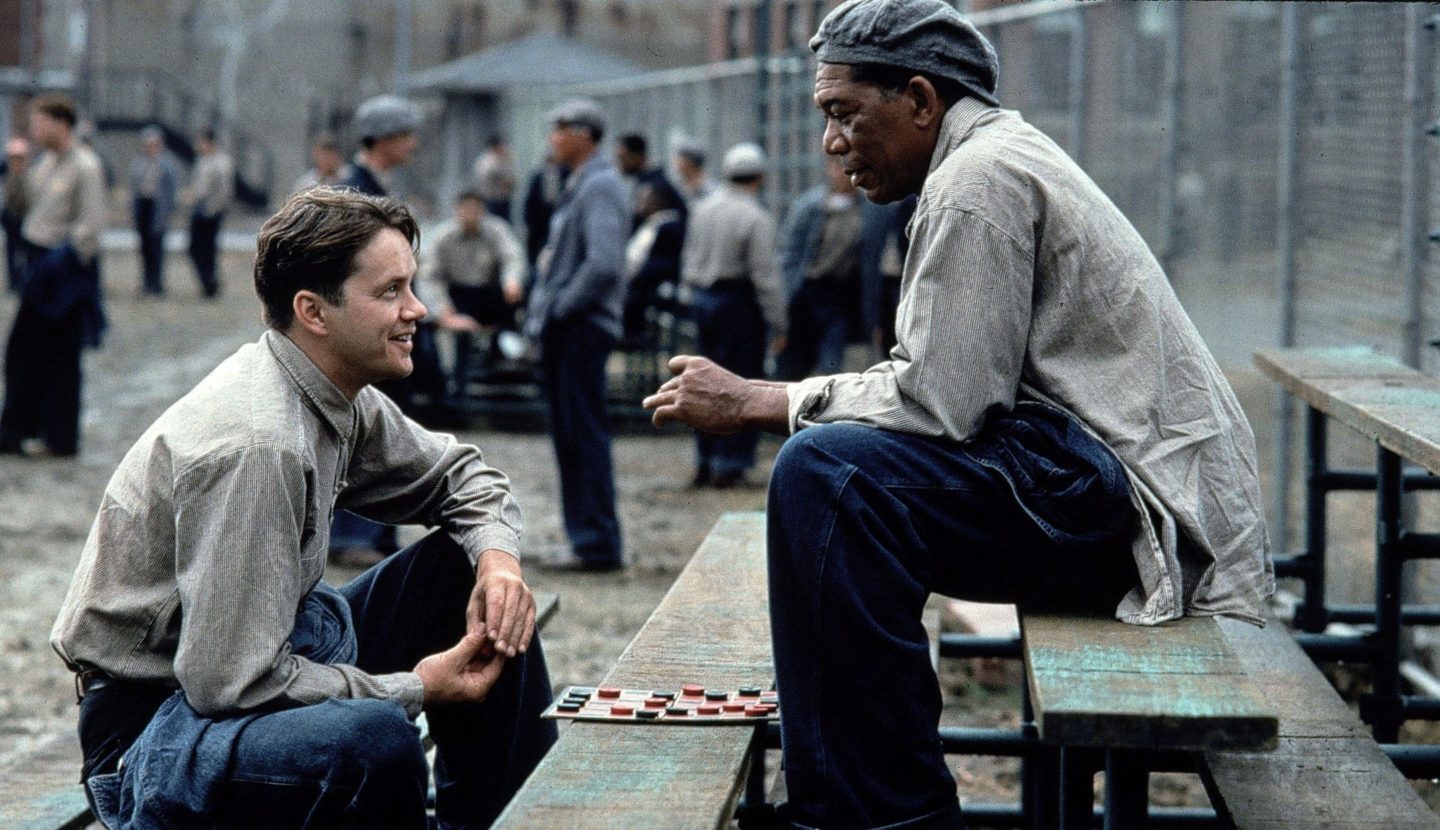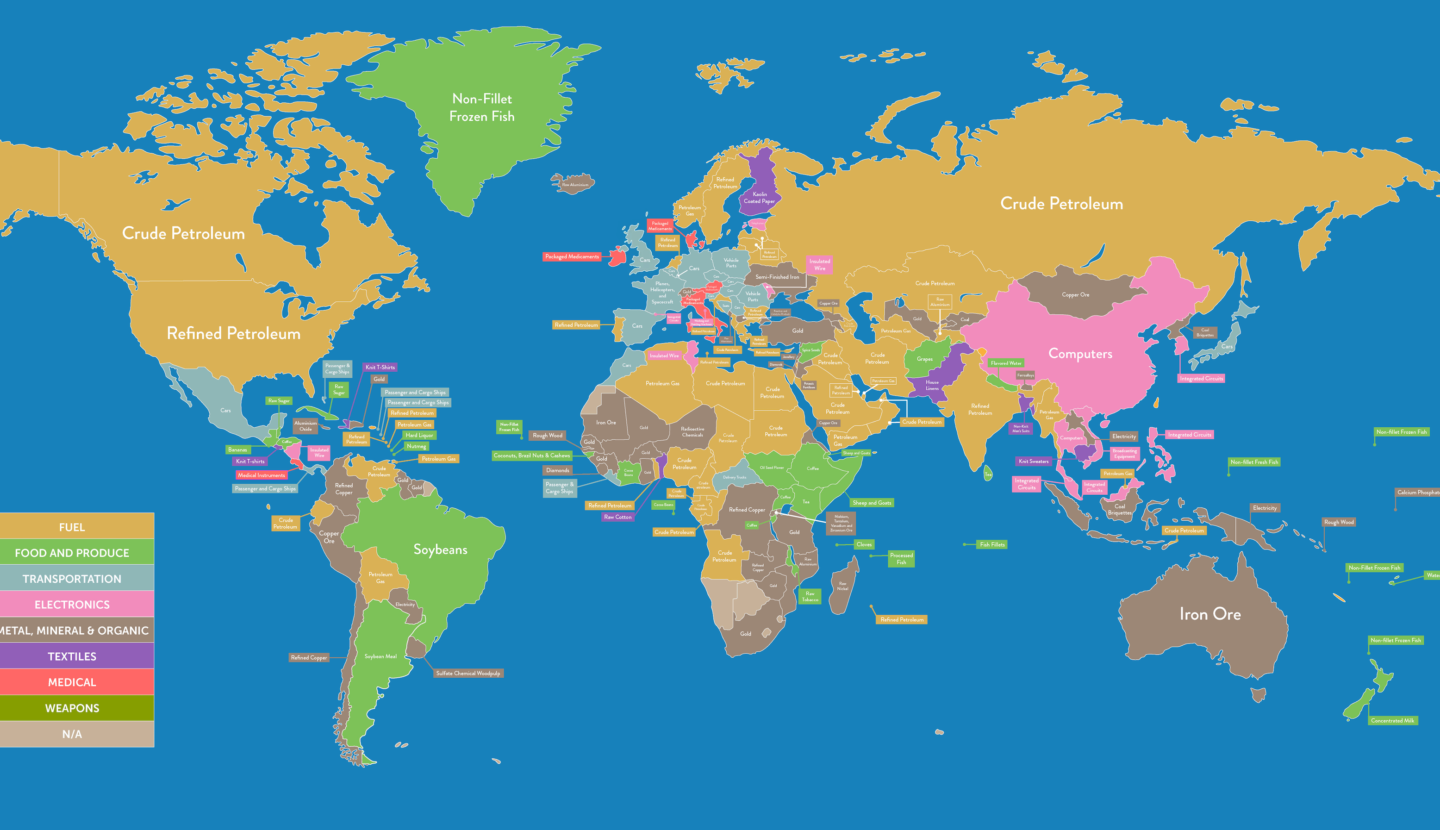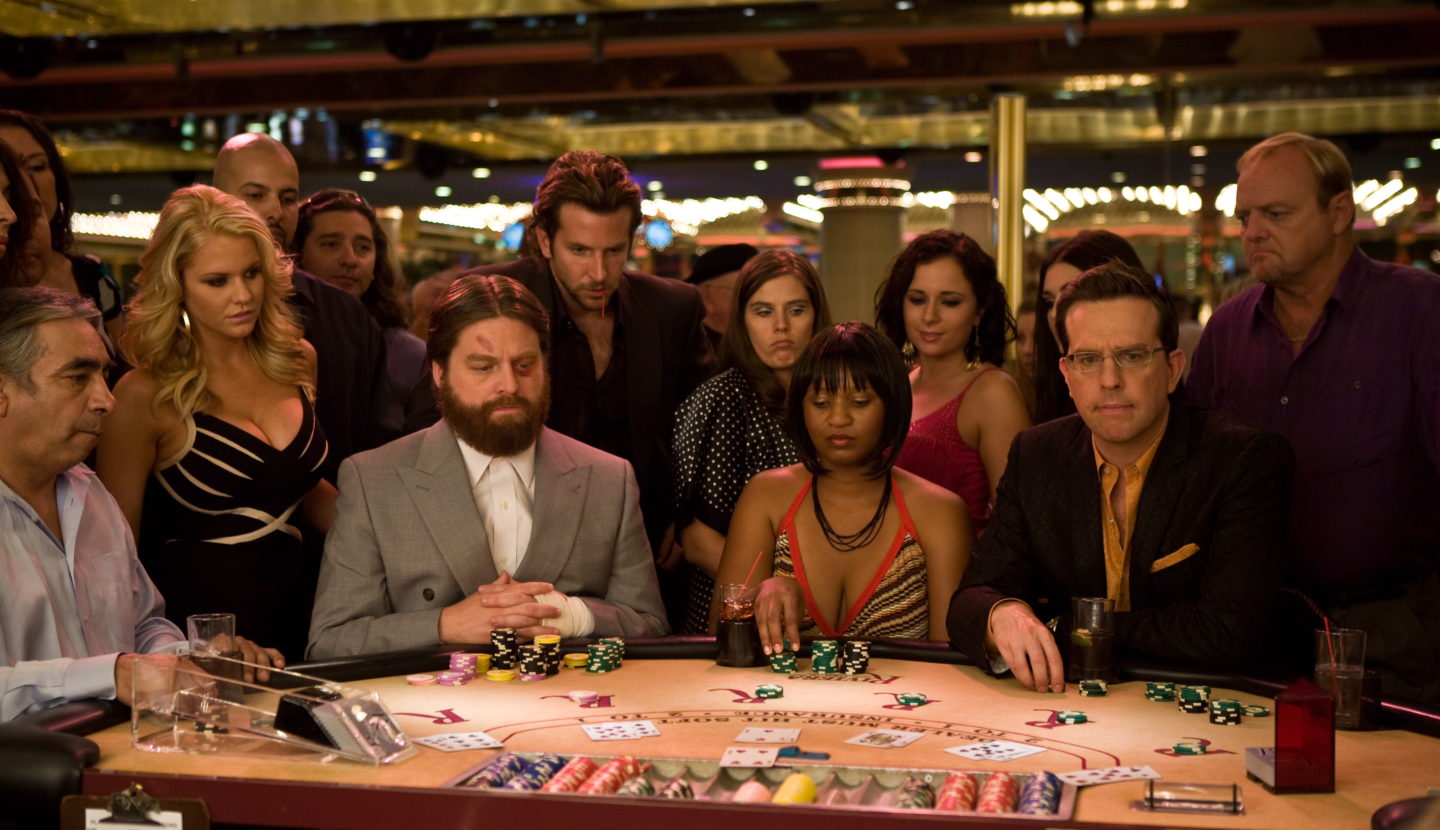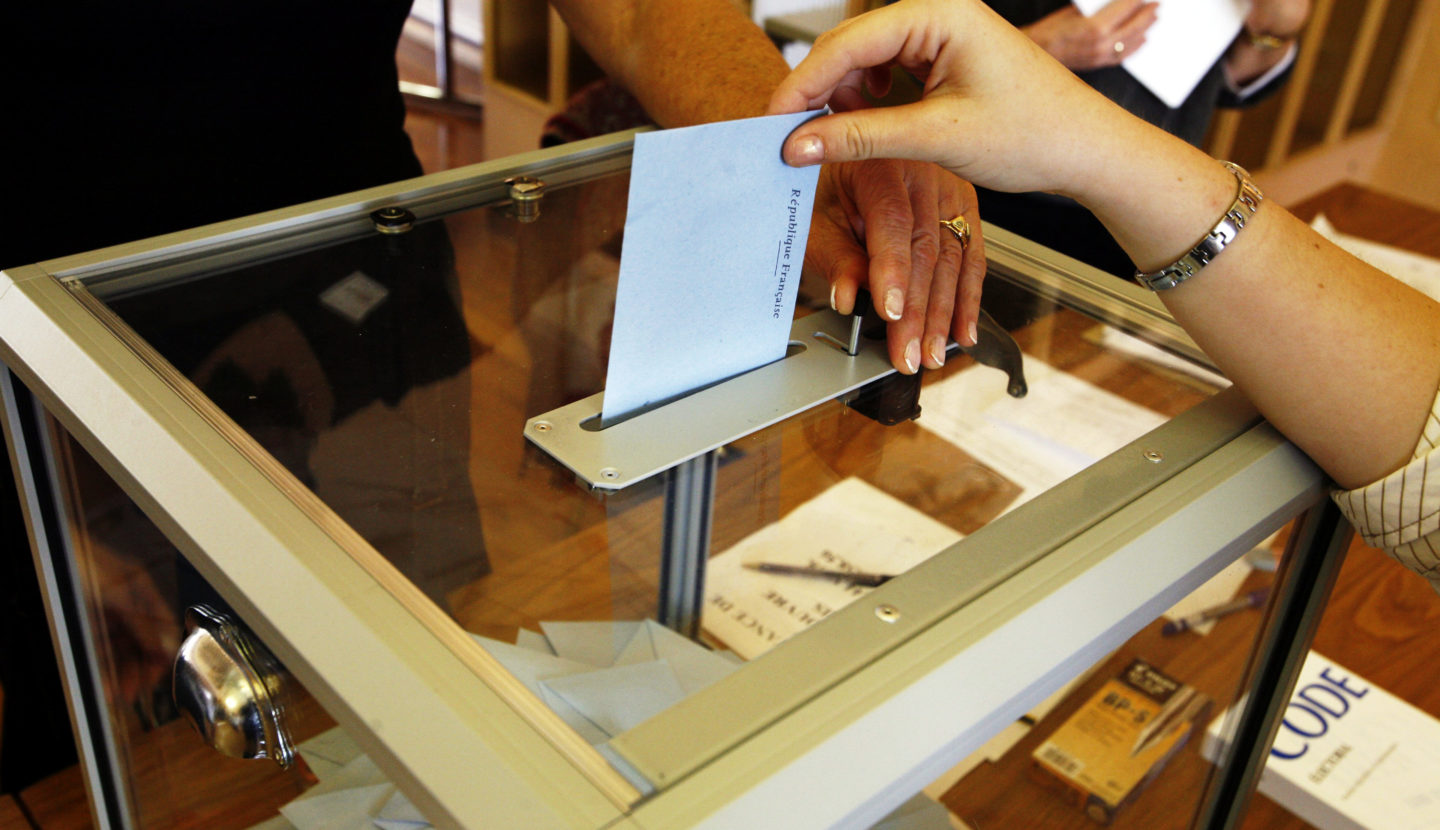#42 – Amanda Askell on tackling the ethics of infinity, being clueless about the effects of our actions, and having moral empathy for intellectual adversaries
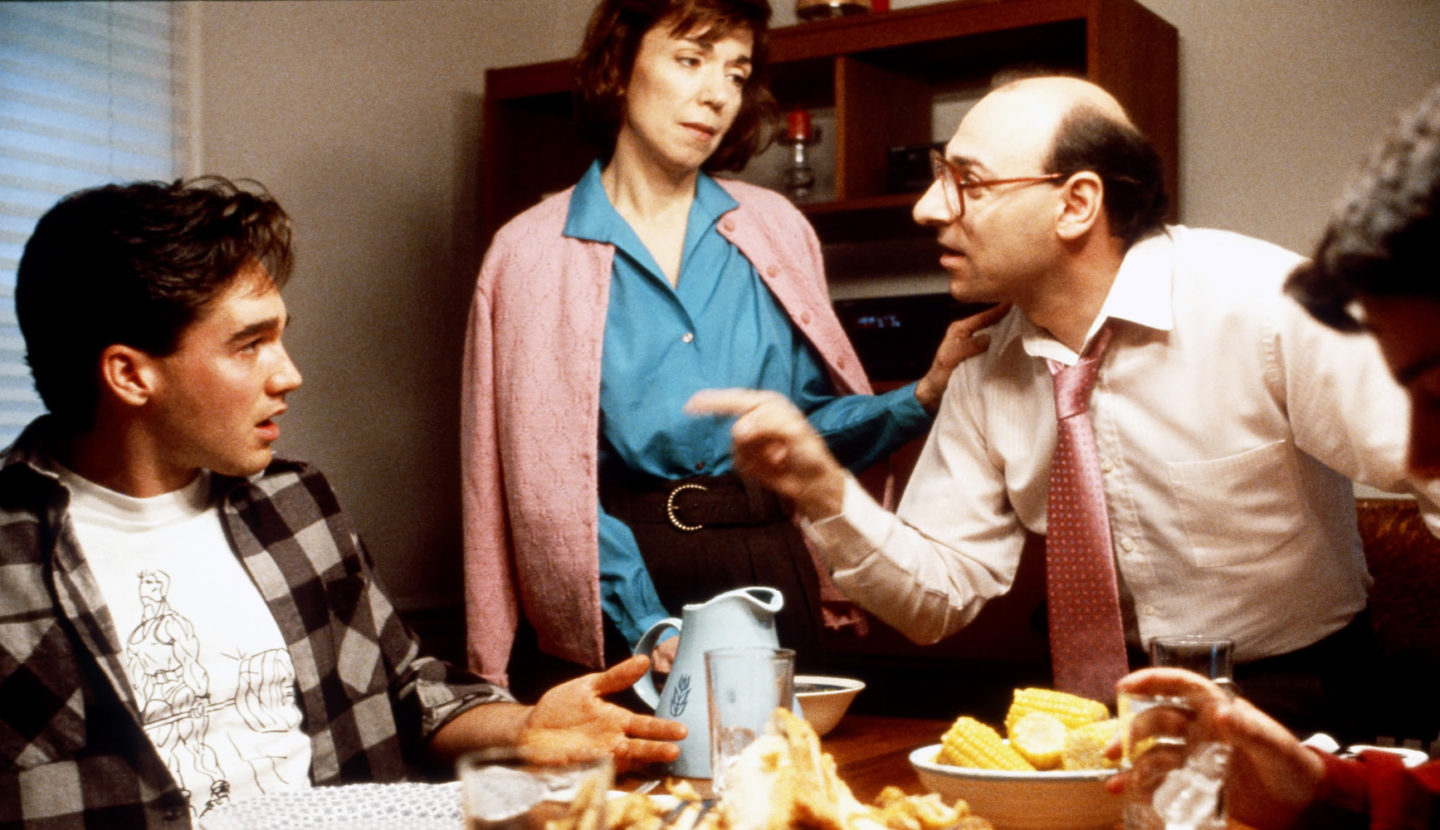
Consider two familiar moments at a family reunion.
Our host, Uncle Bill, is taking pride in his barbequing skills. But his niece Becky says that she now refuses to eat meat. A groan goes round the table; the family mostly think of this as an annoying picky preference. But were it viewed as a moral position rather than personal preference – as they might if instead Becky were avoiding meat on religious grounds – it would usually receive a very different reaction.
An hour later Bill expresses a strong objection to abortion. Again, a groan goes round the table: the family mostly think that he has no business in trying to foist his regressive preferences on other people’s personal lives. But if considered not as a matter of personal taste, but rather as a moral position – that Bill genuinely believes he’s opposing mass-murder – his comment might start a serious conversation.
Amanda Askell, who recently completed a PhD in philosophy at NYU focused on the ethics of infinity, thinks that we often betray a complete lack of moral empathy. Across the political spectrum, we’re unable to get inside the mindset of people who expresses views that we disagree with, and see the issue from their point of view.
A common cause of conflict, as above, is confusion between personal preferences and moral positions. Assuming good faith on the part of the person you disagree with, and actually engaging with the beliefs they claim to hold, is perhaps the best remedy for our inability to make progress on controversial issues.
One seeming path to progress involves contraception. A lot of people who are anti-abortion are also anti-contraception. But they’ll usually think that abortion is much worse than contraception – so why can’t we compromise and agree to have much more contraception available?
According to Amanda, a charitable explanation is that people who are anti-abortion and anti-contraception engage in moral reasoning and advocacy based on what, in their minds, is the best of all possible worlds: one where people neither use contraception nor get abortions.
So instead of arguing about abortion and contraception, we could discuss the underlying principle that one should advocate for the best possible world, rather than the best probable world. Successfully break down such ethical beliefs, absent political toxicity, and it might be possible to actually figure out why we disagree and perhaps even converge on agreement.
Today’s episode blends such practical topics with cutting-edge philosophy. We cover:
- The problem of ‘moral cluelessness’ – our inability to predict the consequences of our actions – and how we might work around it
- Amanda’s biggest criticisms of social justice activists, and of critics of social justice activists
- Is there an ethical difference between prison and corporal punishment? Are both or neither justified?
- How to resolve ‘infinitarian paralysis’ – the inability to make decisions when infinities get involved.
- What’s effective altruism doing wrong?
- How should we think about jargon? Are a lot of people who don’t communicate clearly just trying to scam us?
- How can people be more successful while they remain within the cocoon of school and university?
- How did Amanda find her philosophy PhD, and how will she decide what to do now?
Get this episode by subscribing to our podcast on the world’s most pressing problems and how to solve them: type 80,000 Hours into your podcasting app. Or read the transcript below.
The 80,000 Hours podcast is produced by Keiran Harris.
